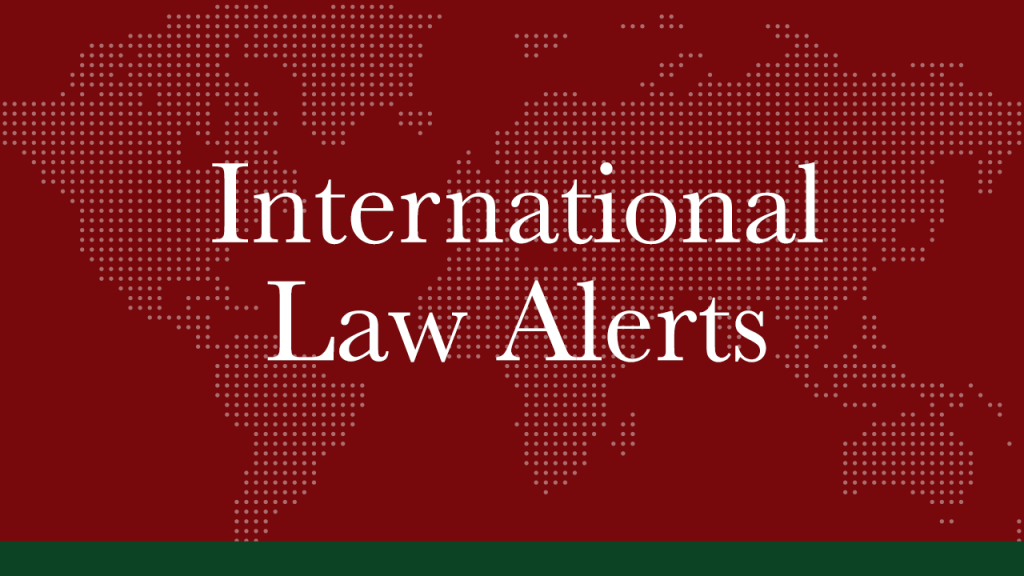
United Nations Secretary-General Antonio Guterres on Wednesday, September 15, said any suggestion the world body can solve Afghanistan’s problems is “a fantasy” and that its capacity to mediate for a more inclusive Taliban government is limited.
More than 80 aid workers including some employed by the World Health Organization (WHO) were involved in sexual abuse and exploitation during an Ebola crisis in the Democratic Republic of Congo, an independent commission said on Tuesday, September 28.
The Armed Forces of the Philippines (AFP) on Friday expressed its support to the memorandum of understanding (MOU) between the Commission on Human Rights (CHR) and the Philippine Campaign to Ban Landmines (PCBL) which aims to address the communist terrorists’ use of these deadly weapons.
The UN on Sunday condemned Yemeni rebels’ execution of nine people for their alleged involvement in the killing of a top Huthi leader.
The United Nations has condemned the violence and “xenophobia” targeting mainly Venezuelan undocumented migrants in Chile over the weekend, carried out by locals fed up with their presence in the country.
Jakarta, Indonesia – Collaborative work among the authorities, education institutions, humanitarian organizations and other stakeholders in order to ensure the continuity and resumption of education in crisis situations was at the core of discussion during a webinar on Wednesday (28 July 2021), co-organized by ASEAN Foundation, ASEAN Institute for Peace and Reconciliation (ASEAN-IPR) and International Committee of the Red Cross (ICRC).
The International Committee of the Red Cross (ICRC) – working closely with National Red Cross and Red Crescent Societies – developed the Safer Access Framework (SAF) between 2002 and 2003.
One of the many harsh consequences of getting caught in an armed conflict is being displaced from home, with slim chances of returning. Samiyaddin and his family were among the thousands of Azerbaijanis who had to flee from their homes in the 1990s in connection with the Nagorno-Karabakh conflict
Tens of thousands of newly displaced people in the Tigray, Amhara and Afar regions live in dire conditions after shifting front lines forced them to flee their homes in search of safety.
Through a cash-for-work programme, displaced families repaired their bamboo houses at the Bito Buadi Itowa village, a transitional shelter for people affected by the Marawi conflict.







































































































 on the upper right corner to select a video.
on the upper right corner to select a video.